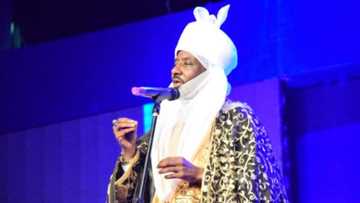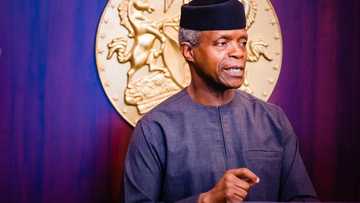History of christianity in Nigeria
How did Christianity come to Nigeria? What is the impact the Christianity had in the state? If you are interested in learning more about it, then read on. This article will answer your questions.
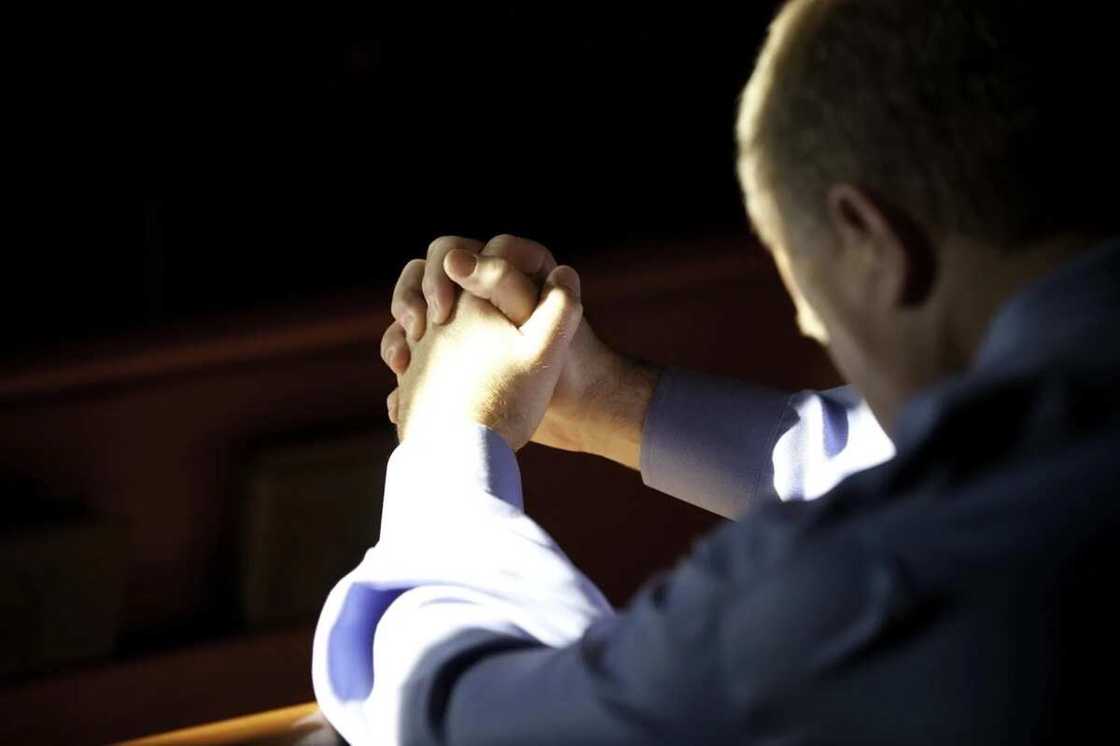
General information
As you probably know, Nigerian is home to people from two major religions: Christianity and Islam. Depending on the year of the survey conducted as well as the organization that conducted it, the numbers differ as well as the ratio of Muslims to Christians.
Thus, for instance, in 2008, the survey by one organization showed that there are at least 53% Muslims, and 45% Christians, while the other study demonstrated other numbers which were 50% Christians and 49% Muslims. Meanwhile, the research by the Pew Research Center that same year showed at least 52% Muslims, 46% Christians, and 1% non-religious individuals.
READ ALSO: Soyinka is unfair, Christianity is a peaceful religion - CAN
Nevertheless, they say that the Northern states are where most Muslims live which Christians can be found mostly in the South of the country.
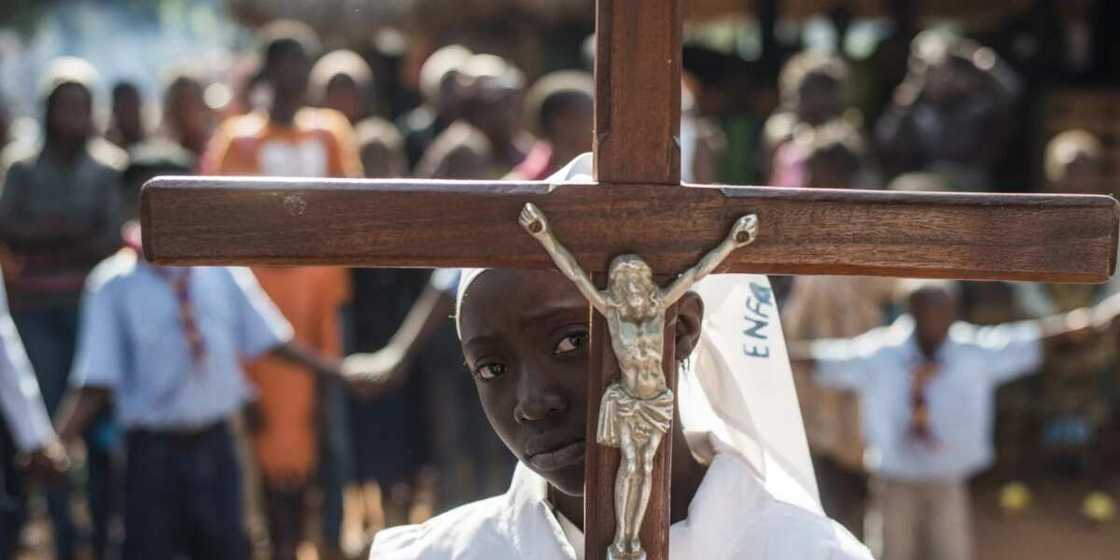
According to ot the Nigeria Christian Fellowship, there are at least seventy million people who consider themselves Christians. Other sources mention that this number is around eighty-five million. Despite the violence and persecution which follows those not supporting Islam in the different area but opt for Christianity or staying away from any religion, the number of Christianity adherers constantly grows.
This fact only proves what God said about those who will persecute those loving Jesus. Here are a few verses about it in the Bible.
“Indeed, all who desire to live a godly life in Christ Jesus will be persecuted.” (2 Timothy 3:12)
“Beloved, do not be surprised at the fiery trial when it comes upon you to test you, as though something strange was happening to you. But rejoice insofar as you share Christ's sufferings, that you may also rejoice and be glad when his glory is revealed. If you are insulted for the name of Christ, you are blessed, because the Spirit of glory and God rests upon you.” (1 Peter 4:12-14)
“Blessed are you when people hate you and when they exclude you and revile you and spurn your name as evil, on account of the Son of Man!” (Luke 6:22)
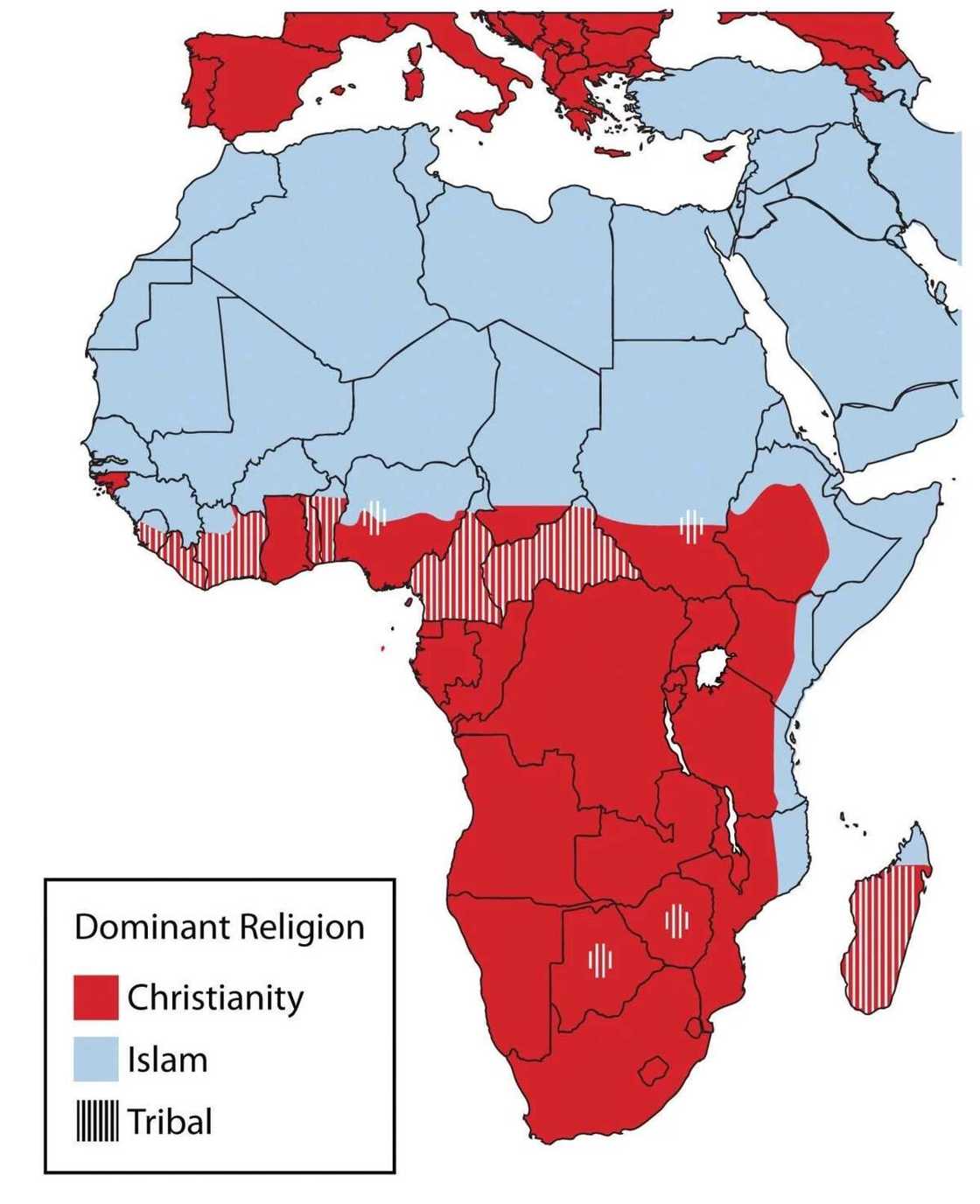
The beginning of the history of Christianity in Nigeria
The history of this religion actually roots back to the days when Jesus commanded to take the Good News that He saves those believing and trusting Him to the ends of the world. This happened after He resurrected and showed up to the disciples.
“Go, therefore, and make disciples of all nations, baptizing them in the name of the Father and of the Son and of the Holy Spirit, teaching them to observe everything I have commanded you. And remember, I am with you always, to the end of the age.” (Matthew 28:19-20)
From that time on, the first Christians took the Gospel to all the ends of the world including the places where Nigeria is now.
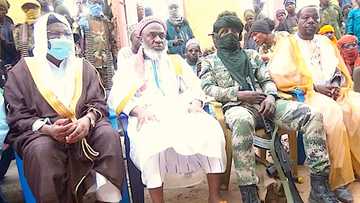
Read also
Be nice to bandits, Sheikh Gumi tells Nigerians, releases tips on how to live peacefully with them
Bulus Y. Galadima and Yusufu Turaki explored the spread of Christianity of Nigeria in the work they called “Christianity of Nigeria.”
To provide the clear understanding of how this religion came to Nigeria, we have to mention that the state we know today was divided into several regions which had their own social and economic conditions which either stimulate the spread of it or prevented it from it.

Christianity in the South of Nigeria
Thus, in the South of Nigeria, mostly Yoruba and Edo groups were ruling and dominating. They had their own particular system of laws, administrative organization, and the strong influence of the traditionalists’ power.
Another important fact about this region is that to the West of the territory Nigeria has today, people were often enslaved or involved in slavery which came to this land in the seventeenth century. This influenced the country greatly too. Unfortunately, a lot of conflicts, sometimes even military ones took place here and in between the tribes. As a result of such unstable situation, the Christian missions only got here in the 1840s.
Meanwhile, at the same time, the Fulani and Jihadists forced people living in the North to support Islam. The Eastern territories had no structure or organization in their lands. In facts, when the scientists call the Middle Belt of the country, was an area with no systems of one law and political systems.
Nevertheless, when Christianity came here around the same time it did to the Western part, it met no obstacles in spreading.It It is important to realize that the religions in Nigeria were all influenced by the common traditionalists’ beliefs and superstitions. People accepted Jesus Christ but still had the mentality impacted by the indigenous religions.
The good news for the Christianity is that Islam did not come to this region until in the 1970s the civil war broke out.
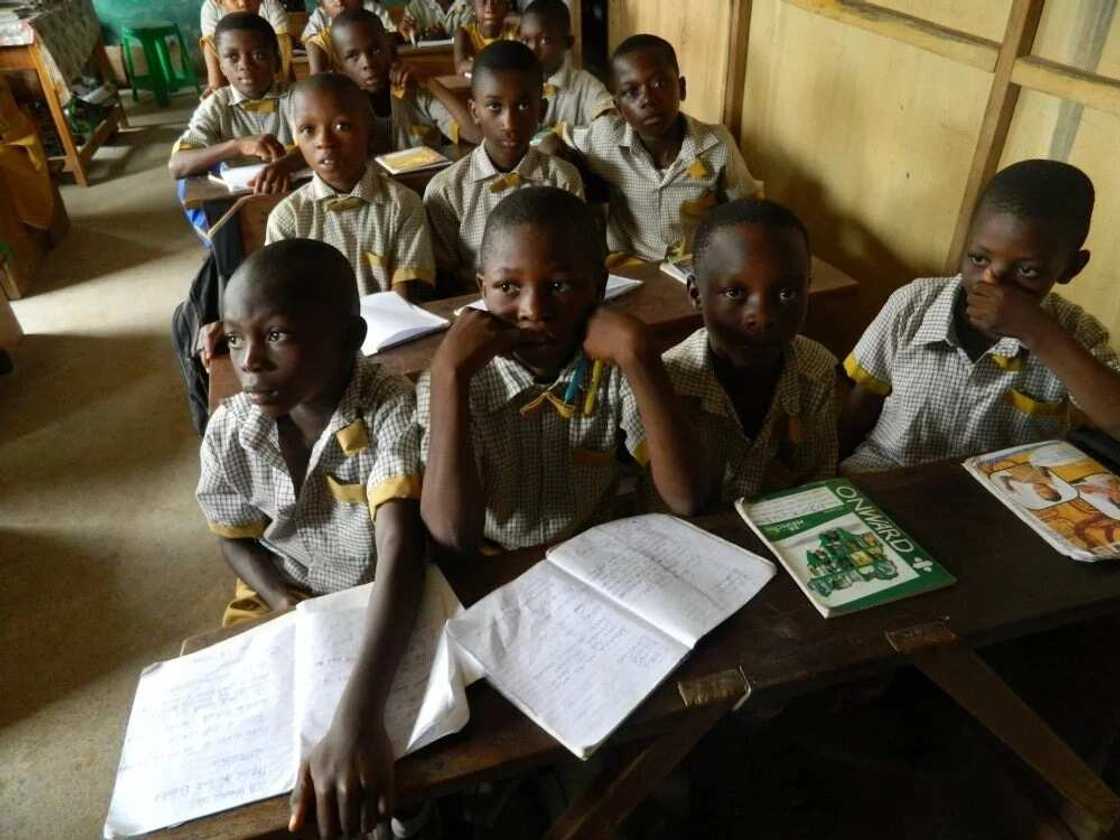
The origin of Christianity in the North of Nigeria
The northern area of the state was where Hausa and Bornu people lived. However, there were at least 250 other ethnic groups who were either Muslims or adherers of other religions. The Muslims started the slave trade in this region. It was of the same scale as the one initiated by the Europeans.
In the meantime, the Middle Belt is where people we know as “pagans” lived. They believed in evil spirits, and other things peculiar to this religion. The origin of Christianity in Nigeria in this part roots back to the 1930s when Christians were allowed to enter the territory which was previously closed to them by the Muslims.
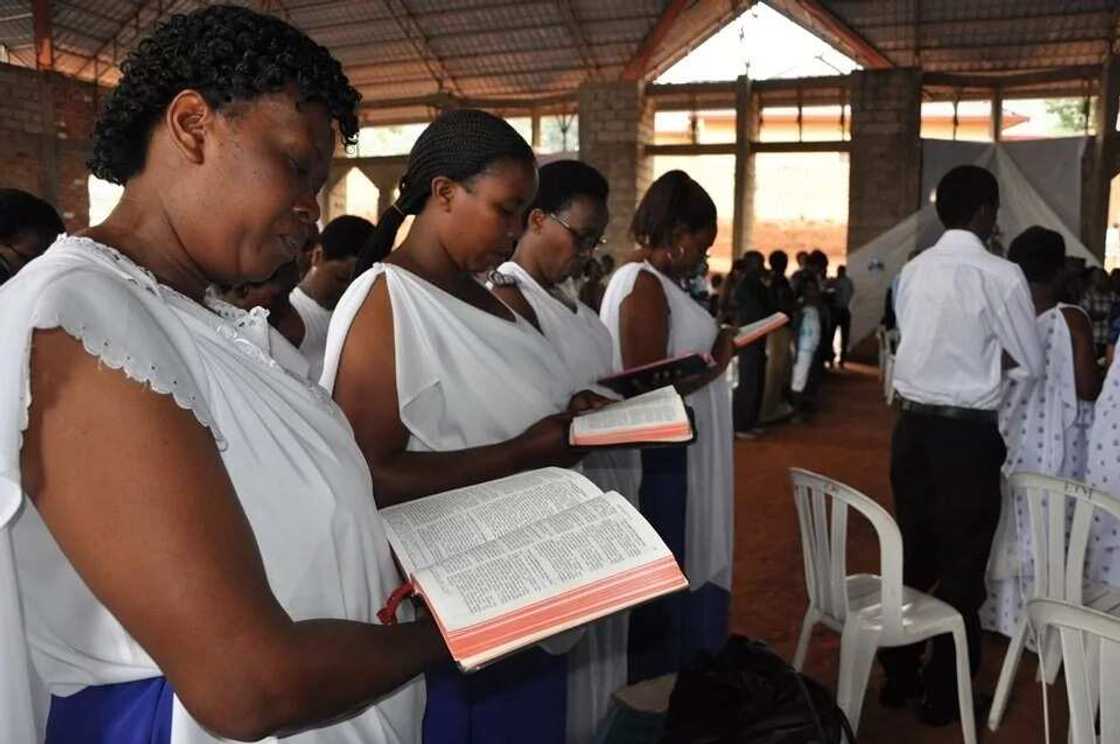
History of religion in the Hausa tribe
One of the few ethnic groups that were always open to the influence of different religions is the Hausa people. They were of much interest to different scientists and religious activists from all over the world. That is why, they had a contact with the rest of the world throughout the whole time, especially during the Middle Ages.
The birth of the Christian Church in the Northern Nigeria
The emergence of the Christian Church in this region had to struggle with the difficulties three different contexts brought. The first context was that of the Islamic raids which got so popular that people not always could escape from it and choose what they wanted to believe in.

Read also
BREAKING: Edo 2020: Oshiomhole finally breaks silence, reveals why he was moved to tears on election day
Meanwhile, there were a lot of people whom the scholars characterize as the pagans who struggled between their traditional approach to religion and faith in Christ.
Finally, another factor that the Church had to deal with was that of the British invasion which brought its own system.
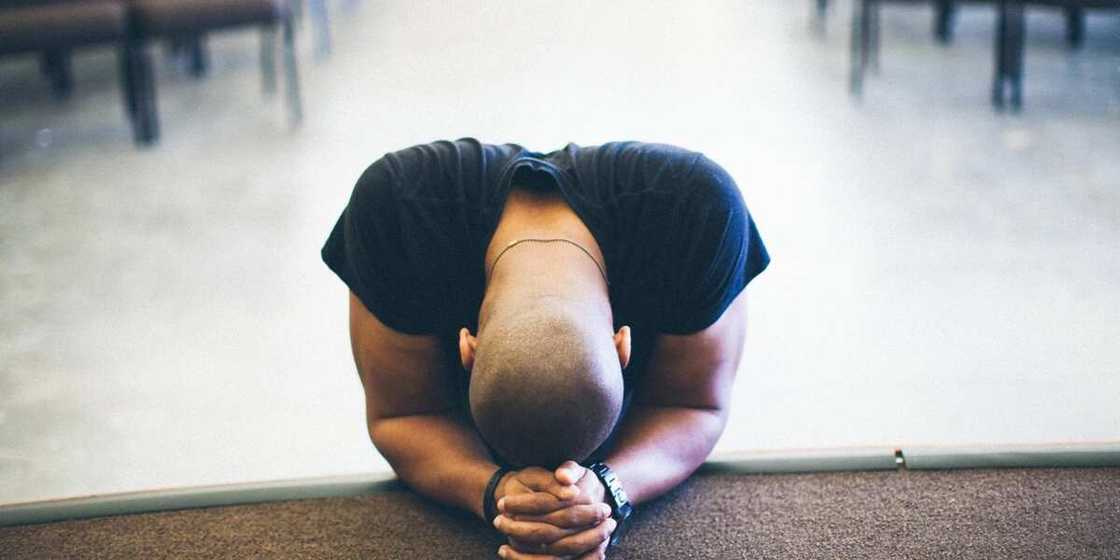
The brief history of Christianity in Nigeria
The first attempts to bring Christianity to the area where the modern country is today date back to the 1470s and 1620s. However, despite all the efforts of the Portuguese missionaries, there was not much fruit from this.
However, the first fruit became possible, as the Americans and British decided to free the slaves. Those who were once enslaved and got their freedom back were more likely to support Christianity, come back to their own home and help share the religion there. Thus, first Christians appeared on the West Coast of Africa, Yorubaland, Niger, and Cross River, state that Africa Journal of Evangelical Theology.
READ ALSO: Meet Footballers Who Converted To Christianity From Islam
By the 1970s a lot of missionaries cam to Nigeria to help spread the Christianity here. Thanks to their faith and hard labor here, around 45% of all the population in the area became Christians. The first missionaries in the Western regions were Methodists and Baptists. At the same time, the first missionaries in the East were Catholics and Presbyterians. Here, the history of Christianity turns its new page in the 1840s.
The Niger areas were first touched by the Christian missionaries thanks to the effort of Sir William Wilberforce who fought for the freedom of the slaves. He started this massive campaign in the Great Britain stating that African slaves should be freed.
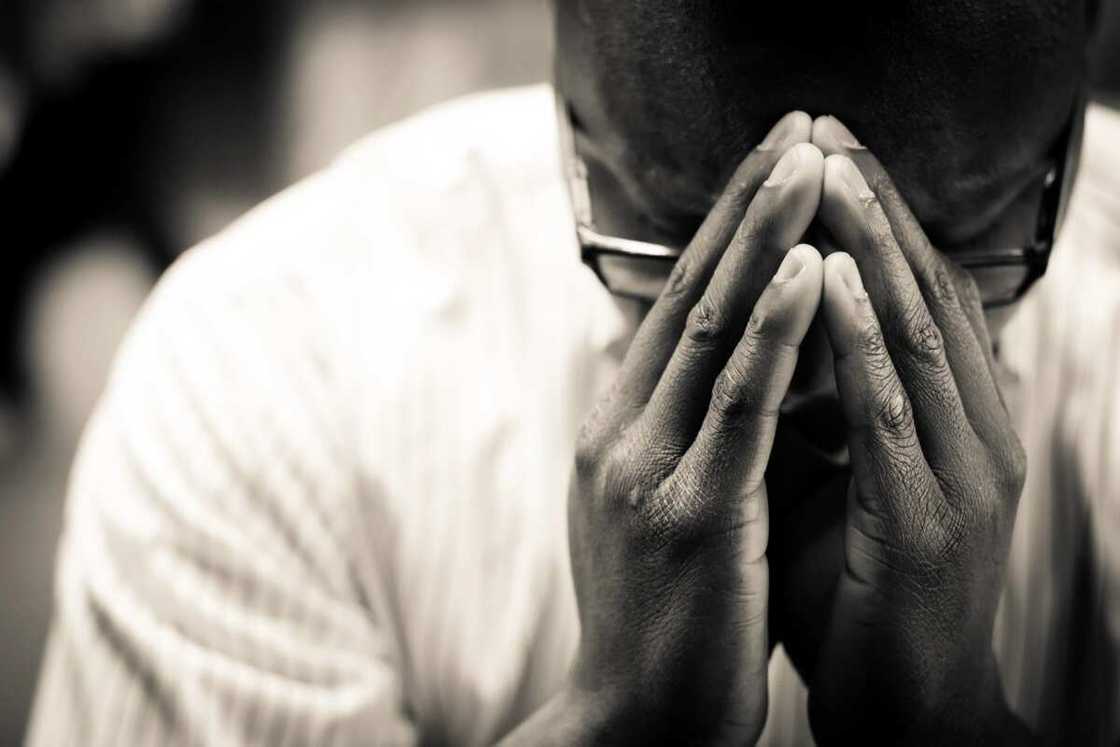
His efforts were successful in Great Britain, so in the 1840s the country sent three huge ships with people who were supposed to bring peace and establish healthy trading relations with people living in the Niger state.

Read also
REPORT: How COVID-19 increased child labour in Lagos state (parents, children share experiences)
Thus, the first missions came to this area around the same time the trade and colonialists came here too.
The Quote from a decent work on the history of Christianity in Africa can help you gain a better understanding of what the missionaries’ work there looked like as well as what goals these people had.
“By the end of the Victorian Age, (1832-1900), missionary work had started already in other parts of the world, such as China, Japan, Korea, India, South Africa and other parts of the world, except the Sudan (Central Nigeria).
Both in England and North America, the theme, "The Sudan, the worst manned mission field in the whole world" was beginning to ring louder and louder in many missionary conferences, especially the Keswick conventions in England and later Canada.
During the same period, the Student Missionary Movement was beginning to have a strong influence on the need of global evangelization in North America and Europe.
Furthermore, during this same period, the anti-Islamic sentiment was quite high in Europe and North America within Christian circles. Islam was viewed as the greatest social evil which threatened the survival of Africa, in particular.
The challenge for Christian missions was of two kinds: (l) to stop the spread and influence of Islam in Africa; and (2) to win Africa for Christ before it was too late.”
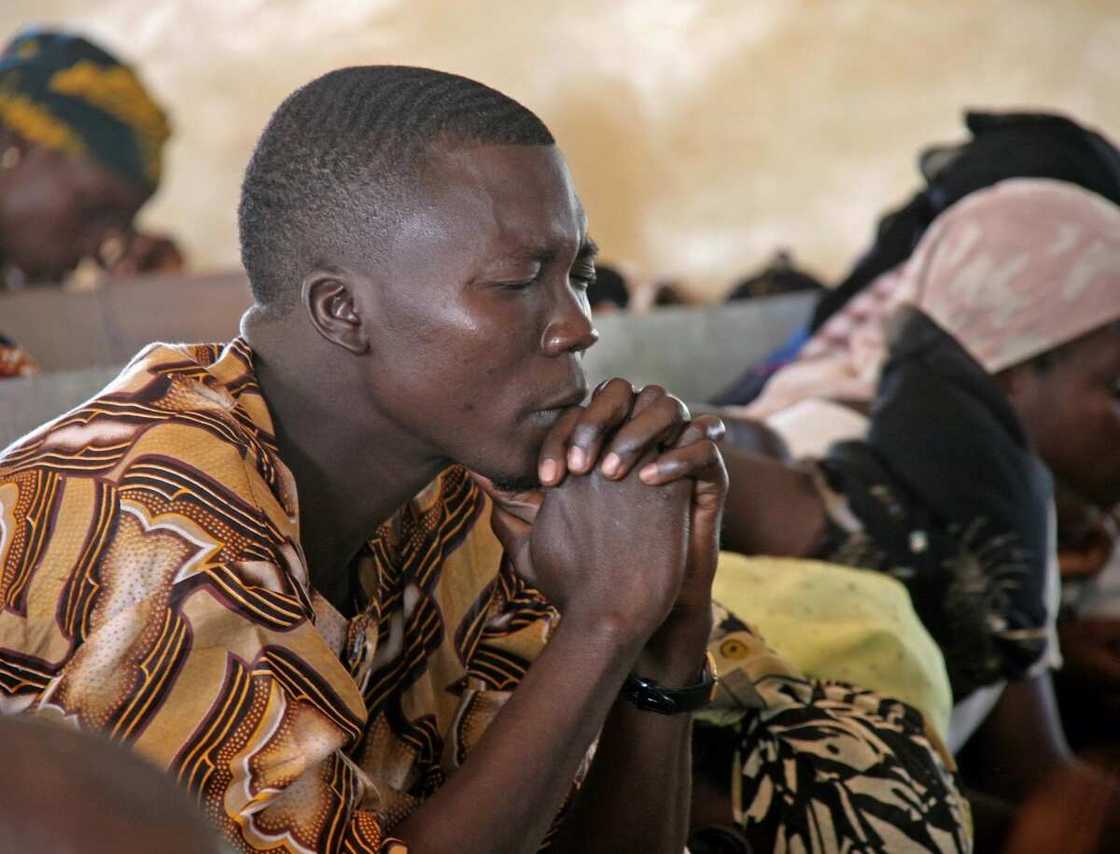
How did missionaries try to reach out to the Africans?
Christians who came to Africa to help spread the Good News of Jesus Christ tried to do several things which would demonstrate the love of Christ to people living here.
- They helped them by establishing better medicine. A lot of epidemics and viruses claimed lives of people living here. So, when talking about the impact of Christianity in Nigeria, we should mention how the helped them advance this area.
- They brought educational programs to fight off the illiteracy through different educational programs and institutions.
- They helped them promote better situation with the translation and literature in the state to help them keep up with the rest of the world.
- Finally, they established new missions to keep up the good work.
This is what we can state about the situation with the Christianity in Nigeria and the impact it has on the population. You can learn more about it, as many historians found this subject matter interesting too.
Source: Legit.ng



